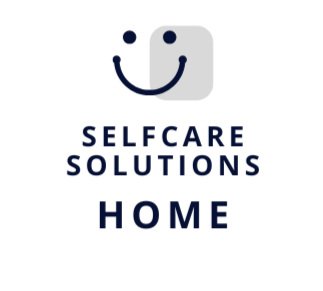Self Check-in?
Click the yes, no or ok button to move the ladder up or down.
Stage 1 – S.E.L.F. (Awareness) emotional well-being
Focusing on how you're doing—physically, emotionally, and socially—is the foundation of good mental health. Here's how to tune in and where to find support across Victoria.
-
(what’s changing for me?)
Questions:
Have the recent changes in your life felt mostly positive?
Have your energy and sleep felt okay most days?
Are your appetite and hydration steady (no big changes)?
Have your mood and worry levels been manageable?
Are aches, pains, dizziness or falls under control?
Do you feel clear-headed (memory/focus mostly fine)?
Have you had a check-in with your GP in the last 12 months?
Do you feel safe and comfortable at home (lighting, steps, bathroom)?
Do you feel in touch with your body, do you notice when something’s “off”?
-
(do I share what I need?)
Questions:
Do you feel heard when you speak up?
Can you tell someone how you feel (friend/family/worker)?
Do you ask for help when you need it?
Do people usually listen and respect your views?
Can you talk about tough topics (grief, change, money, health)?
Do you know who to call if you’re worried or upset?
Do you feel comfortable at appointments (you can ask questions)?
If English isn’t your first language, do you use interpreters when needed?
Do you write things down before important calls/visits?Share your needs, feelings, or worries with someone you trust.
Why it matters: Emotional wellbeing thrives in connection. Talking relieves burden and affirms you're not alone.
-
Do I adjust when my body/mind speak up?
Questions:
When your body or feelings send a signal, do you adjust?
If tired or sore, do you rest or pace yourself?
Do you change plans when pain, weather, or energy dip?
Do you notice early signs (poor sleep, low mood) and act?
Do you limit falls risks (rugs, steps, lighting) if balance is off?
Do you take medicines correctly or ask for help if confused?
Do you say no when you need to?
Do you follow up on health advice (e.g., book the test)?
Do you adjust food/fluids on hot or busy days?
Tune into your body’s limits and emotional signals.
Why it matters: Aging brings changes.fatigue, forgetfulness, joint aches deserve gentle attention, not dismissal.
-
Focus on what matters most to you right now: your priorities, rights, and next steps.
Questions:
Are you spending time on what matters most to you?
Do you feel clear on your priorities (people, activities, health)?
Do you know your rights and choices in aged care/health?
Do you know the first steps if you ever need extra help (who/where)?
Do your weekly plans match your values (joy, movement, connection)?
Do you have your key documents sorted (contacts, meds list, directives)?
Do you feel purpose (volunteering, learning, creative projects, faith)?
Do you review bills/fees and ask questions if unclear?
Do you have at least one thing to look forward to each week?
Why it matters: Knowing your values helps guide decisions and gives clarity when life’s pace changes.
🪜 How the Ladder Helps
The ladder is a simple but powerful guide. As you answer questions, your responses move a marker up or down. This gives you a visual snapshot of where you might currently stand emotionally or mentally — not as a diagnosis, but as a compass.
If your tile moves between "Managing" and "Doing Great", this suggests your thoughts and actions are leading you toward a more grounded, light, and carefree life.
If your tile shifts above "Managing", toward tension or struggle, the questions you answered may hold clues about what areas need attention, boundaries, or change.
The goal isn't to always be on the lower steps — life will shift — but to become aware of the patterns so that you can regain balance more quickly, feel more in control, and cultivate a life that feels aligned and peaceful.
